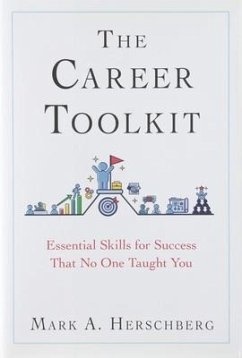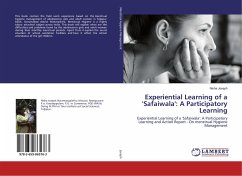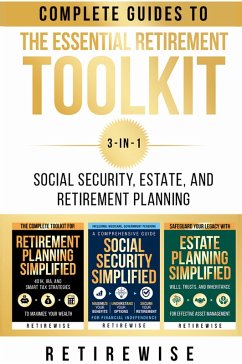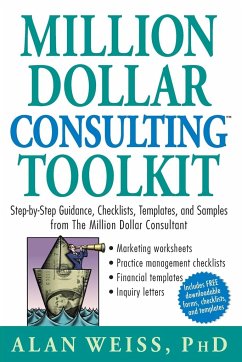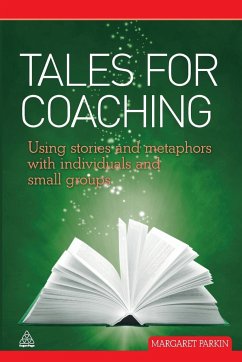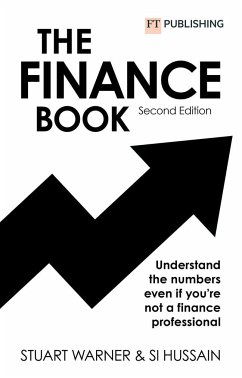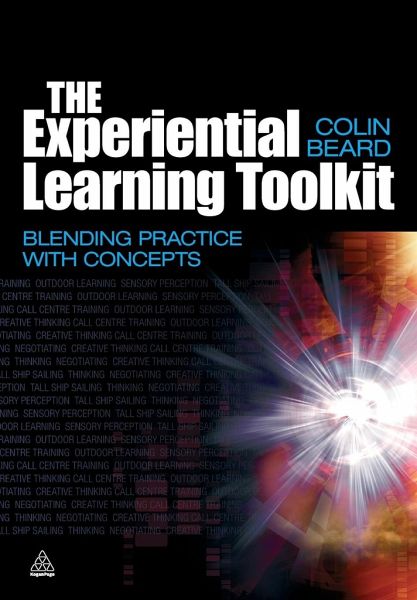
The Experiential Learning Toolkit
Blending Practice with Concepts

PAYBACK Punkte
33 °P sammeln!
The Experiential Learning Toolkit presents a diverse range of practical exercises, which are based on the theory of experiential learning. Experiential learning is concerned with learning through direct experience, which aims to create more effective, engaging and embedded learning. Each activity presented includes a description of the underlying principles, practical information on delivering the exercise as well as tips and further reading. The exercises cover a range of training needs including; effective customer service, telephone skills, applying strategic thinking, and developing creati...
The Experiential Learning Toolkit presents a diverse range of practical exercises, which are based on the theory of experiential learning. Experiential learning is concerned with learning through direct experience, which aims to create more effective, engaging and embedded learning. Each activity presented includes a description of the underlying principles, practical information on delivering the exercise as well as tips and further reading. The exercises cover a range of training needs including; effective customer service, telephone skills, applying strategic thinking, and developing creativity. Trainers will find this an invaluable resource, with fresh approaches which engage and inspire learners.





